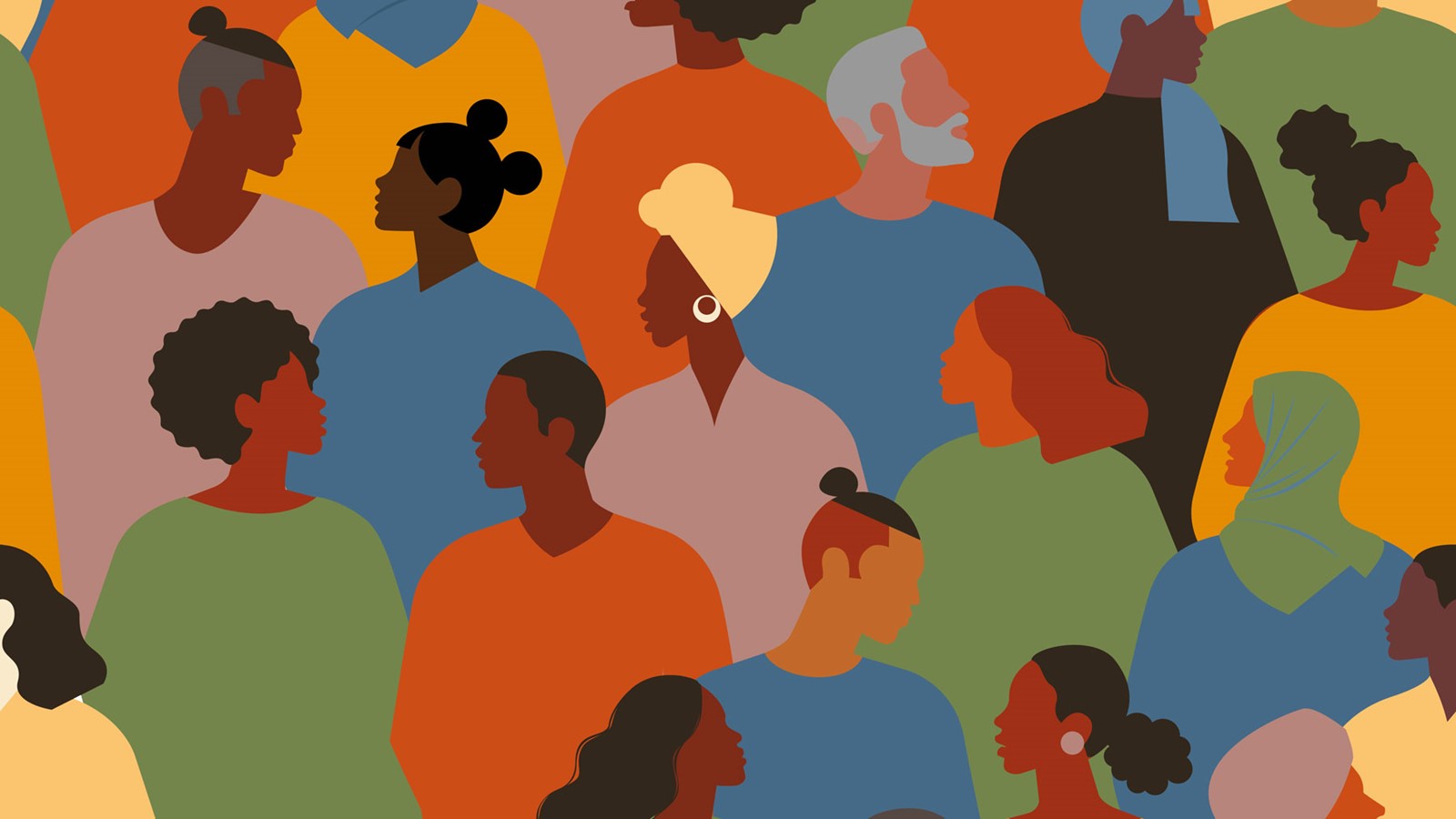What motivated you to become a therapist?
I have always wanted to help people, even as a child – it is who I am. My radar is tuned to where help is needed and so becoming a therapist was a natural progression. Therapy is not a job, it is a vocation and part of me.
Do you have a specialist field of practice?
My first specialism was working with survivors of rape, sexual abuse and domestic violence in the voluntary sector. This progressed to working with asylum seekers and refugees, and from 2004 until earlier this year, I worked for the Asylum Seeker Mental Health project, a specialist NHS service in Sheffield, in conjunction with working for IAPT, which I am still doing.
How has being a therapist changed you?
It has taught me many things – it helps me to have gratitude and appreciate life, but most importantly it has taught me the humility of knowing that I don’t know. It helps me to see that I haven’t heard it all, and so I meet and respect the uniqueness of every person.
Where do you see yourself in five years’ time?
Hopefully still working and contributing to the counselling world.
What do you find challenging about being a therapist?
Because I have worked with people from all over the world, I have learned that it is imperative that I adapt how I work with each client and this happens in a visceral way. Always holding this difference in awareness is a challenge, but the adaptation happens naturally and organically for me. I can’t be the same with each person, it is not the natural way. The Eurocentric theories we are taught do not fit everybody and I adapt to each person, and this is the challenge.
And rewarding?
The reward is seeing how people can find their inner resources and are able to change their lives – seeing a smile on someone’s face when they have reached a place of their own understanding and are empowered.
What is the most recent CPD you’ve undertaken? Was it worthwhile?
The recent online conference ‘Black Identities + White Therapies – working with race, ethnicity and culture in and outside the therapy room’ – it was invaluable.
What is your favourite piece of music and why?
‘Pata Pata’, a song inspired by a dance popular in South African townships and sung by the award-winning South African singer and anti-apartheid activist Miriam Makeba (above), also known as Mama Africa. It reminds me of my dad.
Next in this issue
What book/blog/podcast do you recommend most often?
Susan Jeffers’ self-help classic, Feel the Fear and Do It Anyway, because it really helped me personally.
What do you do for self-care/to relax?
Walking, dancing, cooking, socialising, travelling and reading.
What is the meaning of life?
I can’t say I know the meaning of life! But I am open to not knowing and to embracing what I am experiencing at each particular moment of the day.
What would people be surprised to find out about you?
I left Zambia on my own to come to boarding school in England at the age of 16. I coped by adapting to and adopting the environment within myself and around me.
Who is your counselling/psychotherapy hero(ine)?
Penny Philcox, who I worked with at Sheffield Rape Crisis – a wise woman, full of integrity, meeting each person where they are.
